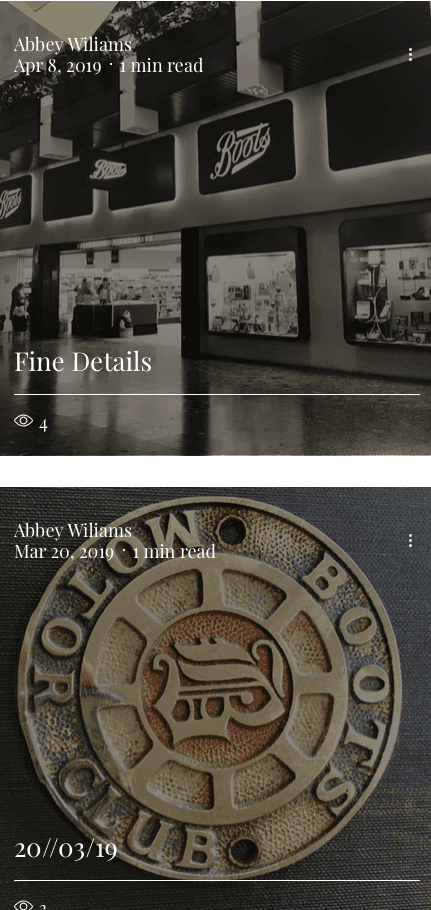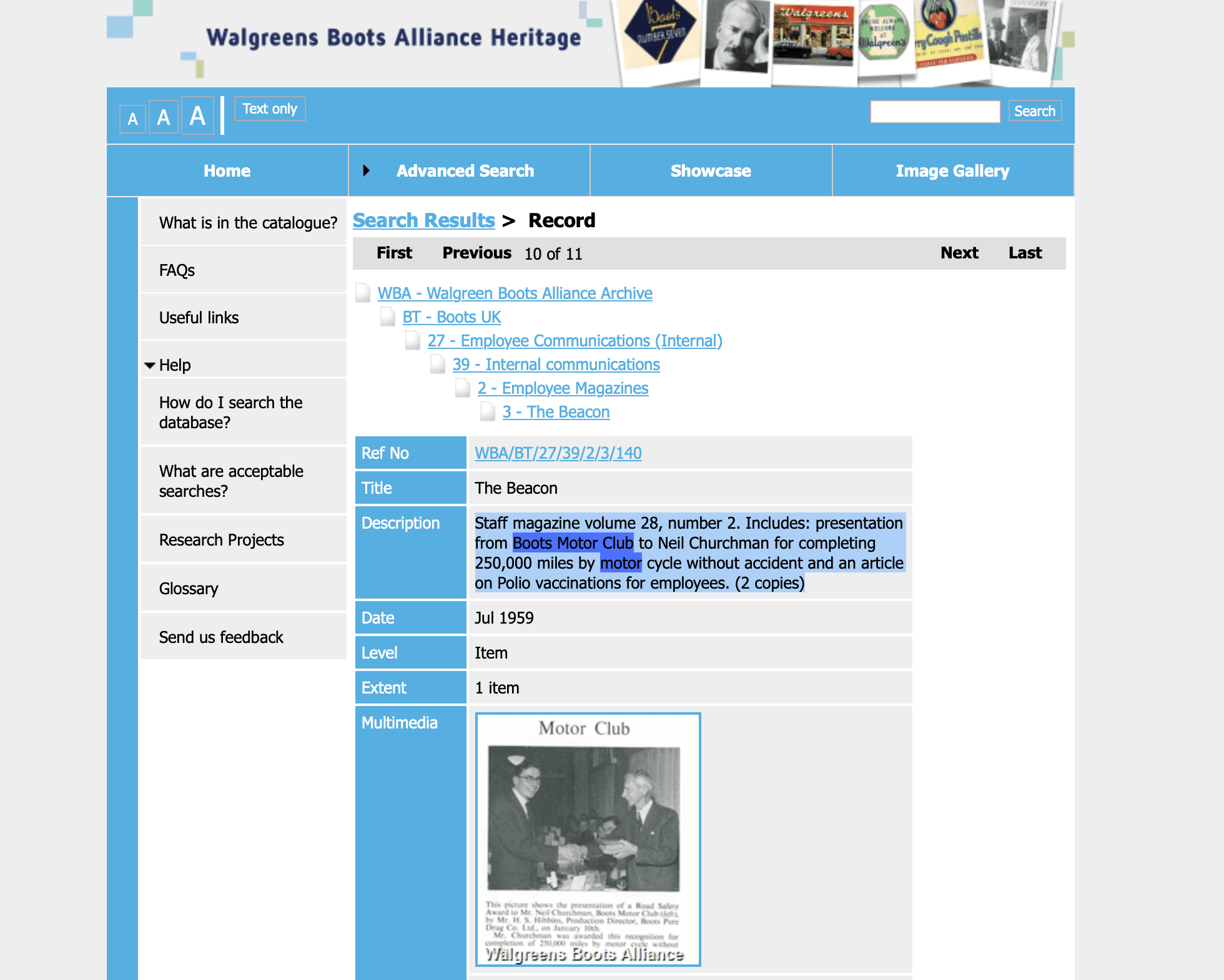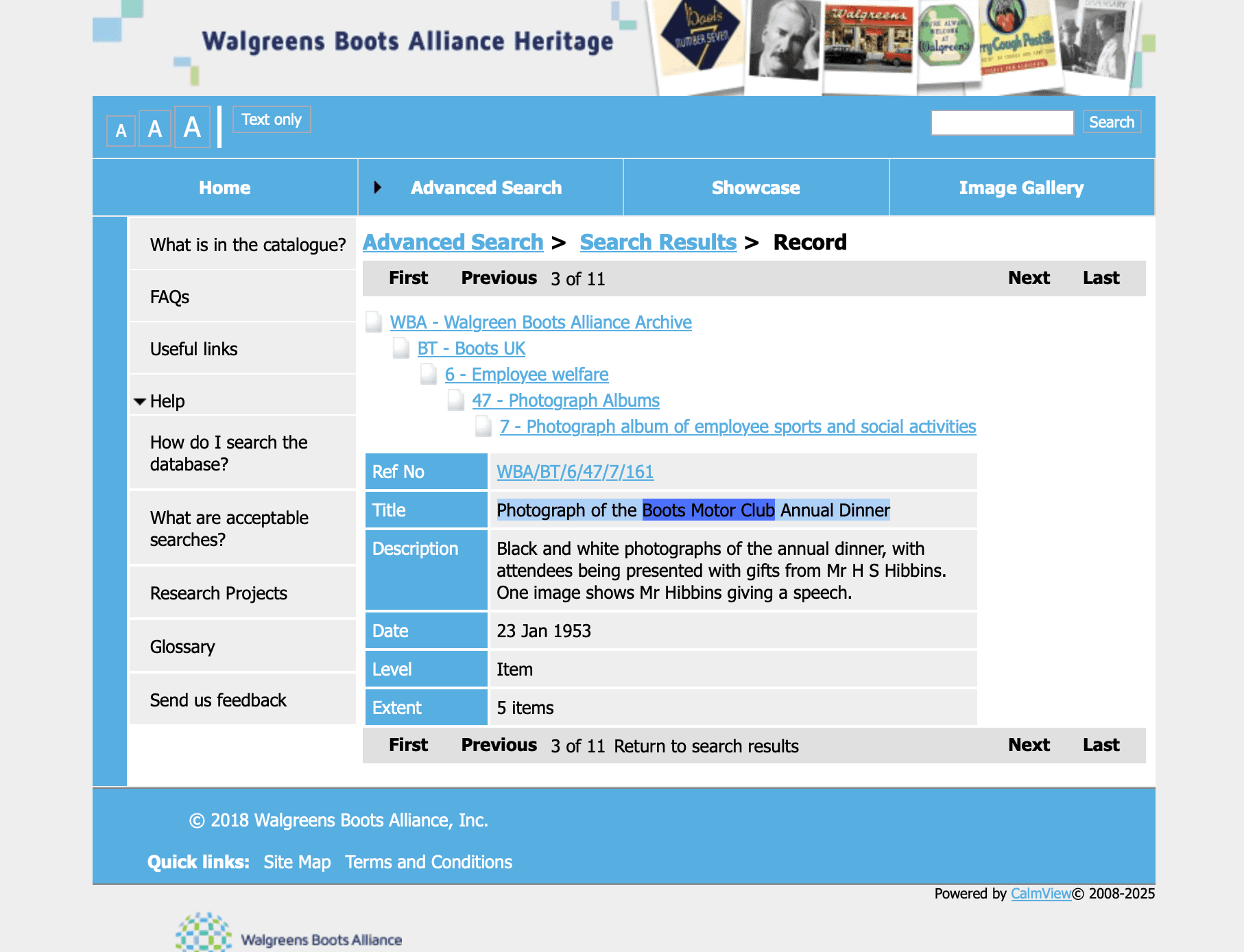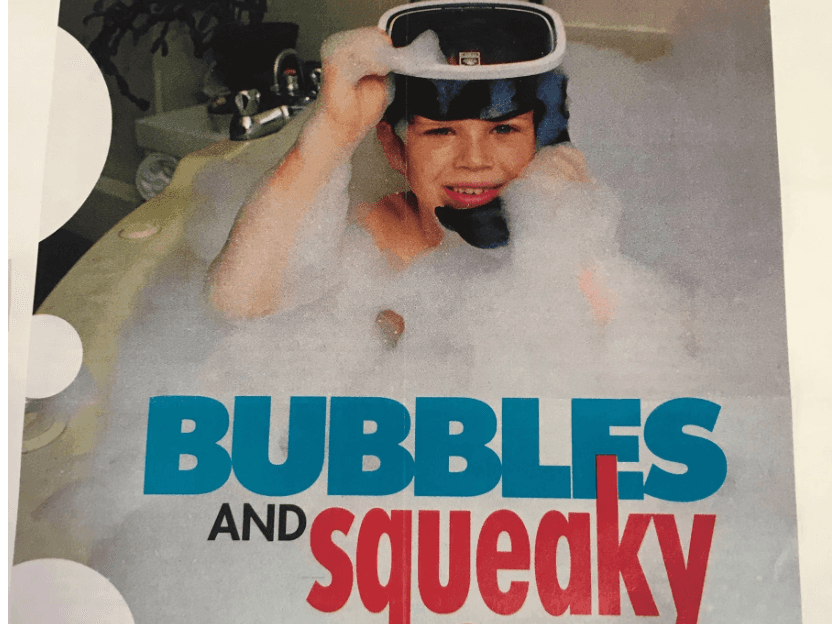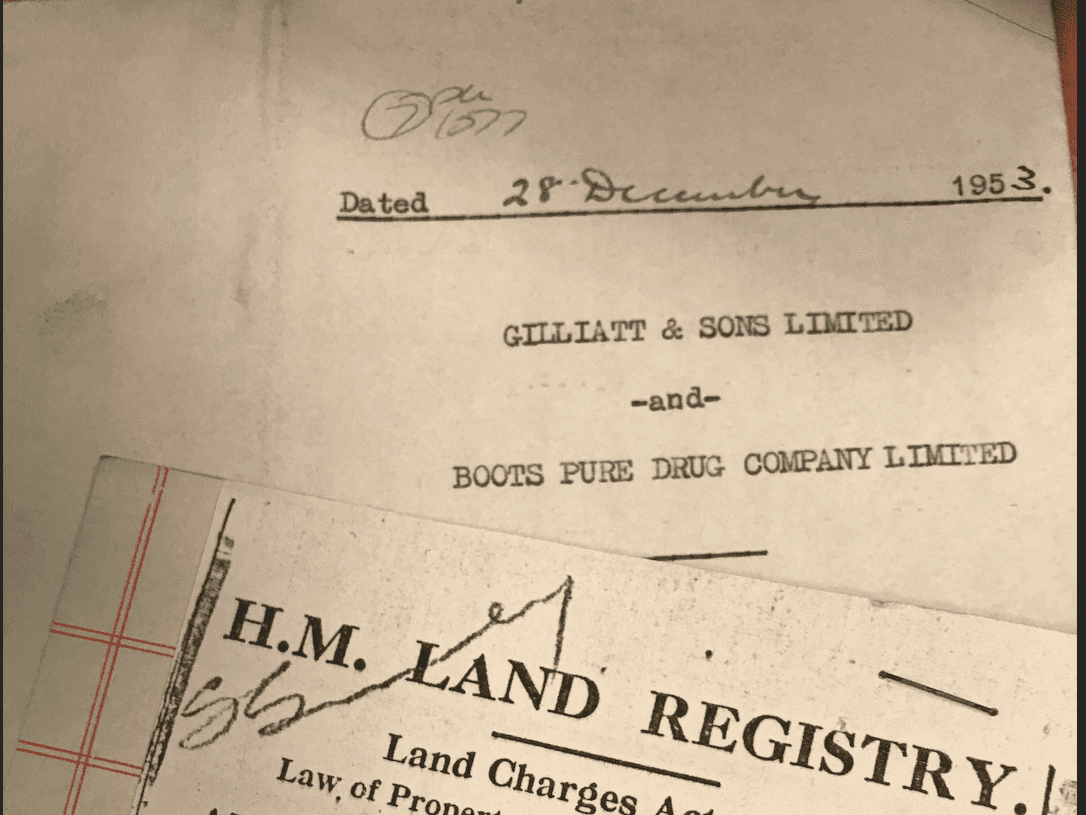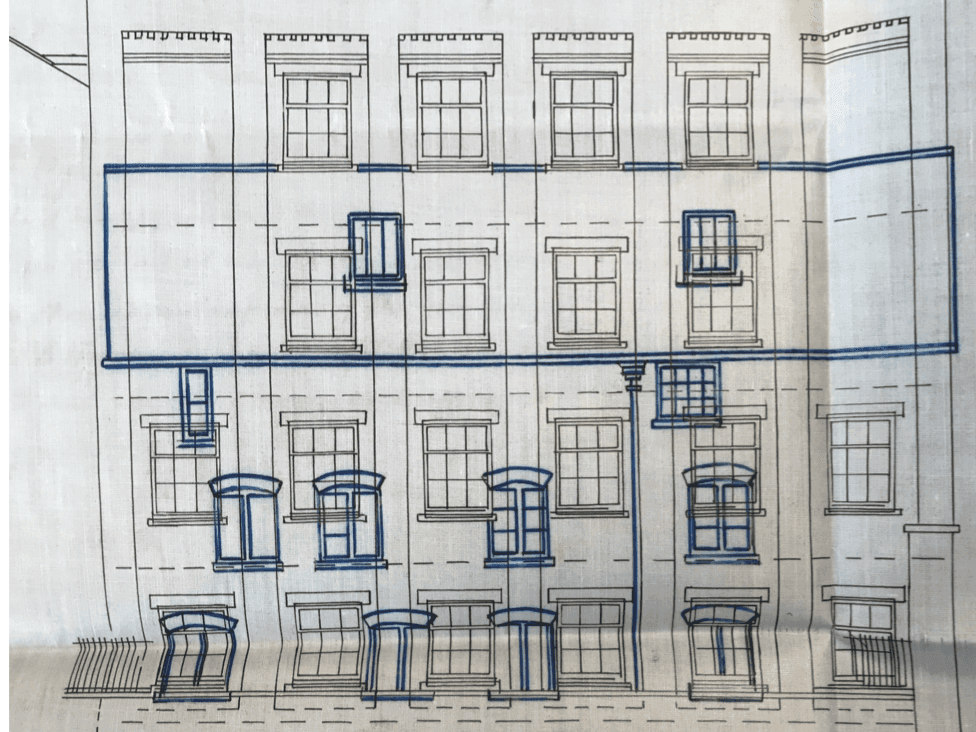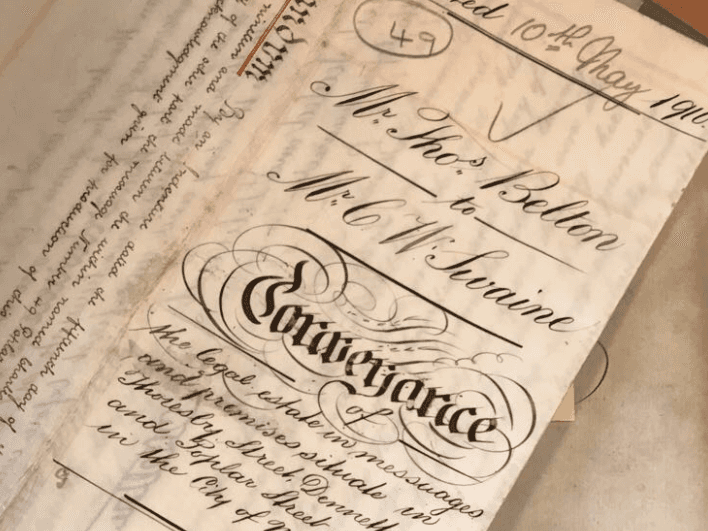Boots Archive
In November 2015, Boots HQ Archives embarked on a 5-year project to re-catalogue their entire archive and prepare it for digitisation. In 2019, I volunteered to aid in this process, and throughout my time at the Archive I discovered many wonderful and intriguing things...
01 — Boots Motor Club A Case Study
oSEO Optimisation oBody Copy oProduct Description oFact Checking
The Boots Motor Club was an employee-led organisation that brought together staff members who shared a passion for motoring. In a change from my usual volunteer responsibilities that focused solely on SEO and Product Description, I was tasked to scour the archives for reference to the Boots Motor Club after a member of the public had delivered an artefact that the archival team had not encountered before. Once I had found information relevant to the Boots Motor Club, I created a warm, personable and enthusiastic body writing in the form of a letter outlining the relevant information found and encouraging the member of the public to reply with further details so that we could expand the archival team’s knowledge of the Boots Motor Club with a personal case study of a local family. I was then to create SEO optimised keywords and Product Descriptions of all items in the Archives that related to the Boots Motor Club to contribute to the digitisation efforts. During this endeavour, I had to fact-check against other archival items and events outside of the archives’ scope to ensure that context and historical accuracy were best employed.
02 — SEO Optimisation & Product Description
As part of the re-cataloguing and digitisation project, I spent about 15 hours recording relevant, searchable, and targeted details from archival items such as photographs, deeds and mortgages, packaging etc., to create a SEO Optimised search result that would be uploaded alongside the allotted item in the in-house archival system. I then created Product Descriptions for each item catalogued that would be presented alongside the item once digitised, outlining the contents of the item, its historical relevance, and place within the archive.
Below are examples of how I used SEO optimised kewords to create Product Descriptions. If you wish to see the bank of archival screenshots of Product Copy that accompany these examples please reach out.
03 — Fact Checking and Historical Research
In my capacity as an archival researcher creating copy I encountered many instances, especially when working with the employee newsletter ‘The Beacon,’ where I had to fact-check personal anecdotes and experiences. One such instance was regarding the president of the former Yugoslavia, Josip Tito. To read the reflective blog post written in 2019 regarding the significance of the discovery of primary sources and the importance of historical fact-checking in the assessment of source legitimacy, please reach out.
